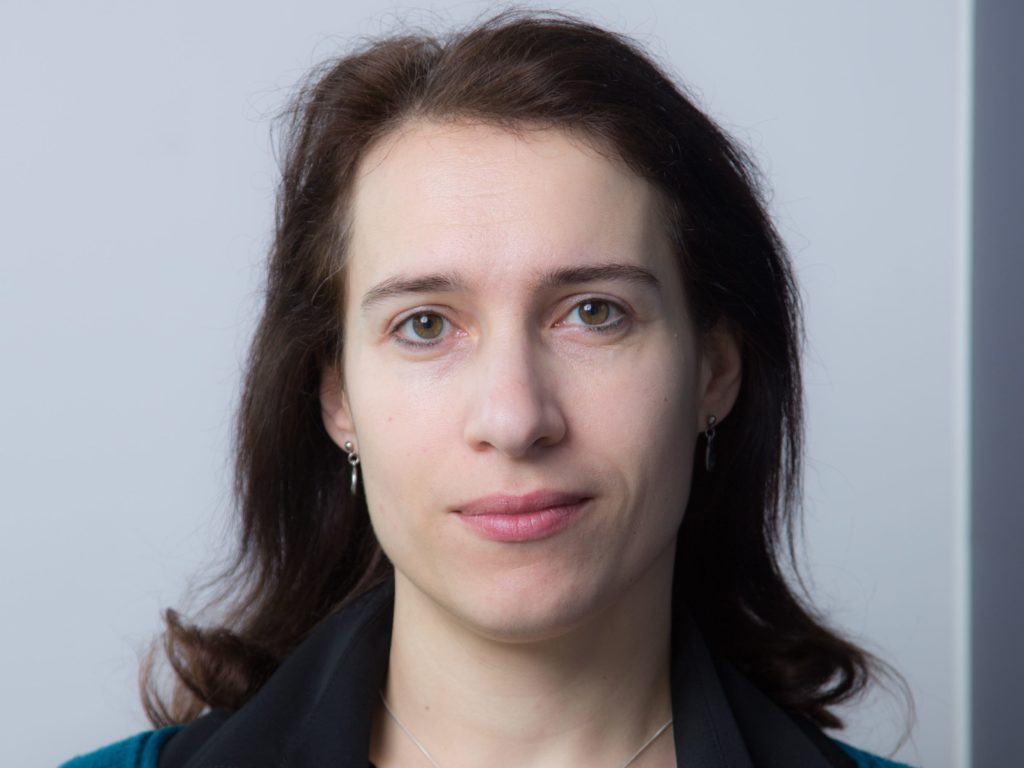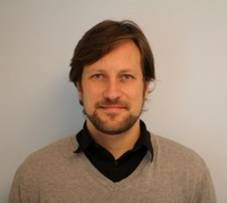
Sören Auer, Leibniz University Hannover (Germany) – Web Site –
Towards agentic AI – Neuro-symbolic organization of research contributions with knowledge graphs and large language models
September 10, 2025
Abstract. In recent developments of AI, we see an increasing augmentation of neural models with unstructured data (RAG), structured data (Graph RAG) and even agents, reasoning services and APIs (Agentic AI). In the evolving landscape of scientific knowledge management, the integration of neuro-symbolic and agentic AI approaches offers opportunities to enhance the organization, discovery, and synthesis of research contributions. We explore how knowledge graphs and large language models (LLMs) can be synergistically combined to advance the representation and accessibility of scholarly knowledge. At the heart of this approach is the Open Research Knowledge Graph (ORKG)—a platform that structures scientific knowledge into machine-readable representations, enabling comparative analyses, automated reasoning, and contextualized exploration of research findings. Extending this vision, ORKG ASK introduces a novel query and synthesis system, combining symbolic knowledge with neural AI capabilities to provide precise, explainable, and interactive responses to complex scientific inquiries. We will examine the foundations and practical applications of agentic and neuro-symbolic AI in scholarly knowledge organization. By bridging the gap between symbolic representations, agentic tools and neural models, this approach aims to make scientific knowledge more accessible, transparent, and actionable—paving the way for a new era of AI-driven research assistance.
Short Bio
Following stations at the universities of Dresden, Ekaterinburg, Leipzig, Pennsylvania, Bonn and the Fraunhofer Society, Prof. Auer was appointed Professor of Data Science and Digital Libraries at Leibniz Universität Hannover and Director of the TIB in 2017. Prof. Auer has made important contributions to semantic technologies, knowledge engineering and information systems. He is the author (resp. co-author) of over 200 peer-reviewed scientific publications. He has received several awards, including an ERC Consolidator Grant from the European Research Council, a SWSA ten-year award, the ESWC 7-year Best Paper Award, and the OpenCourseware Innovation Award. He has led several large collaborative research projects, such as the EU H2020 flagship project BigDataEurope. He is co-founder of high potential research and community projects such as the Wikipedia semantification project DBpedia, the Open Research Knowledge Graph ORKG.org and the innovative technology start-up eccenca.com. Prof. Auer was founding director of the Big Data Value Association, led the semantic data representation in the Industrial/International Data Space, is an expert for industry, European Commission, W3C, the German National Research Data Infrastructure (NFDI) and the European Open Science Cloud (EOSC).

Sabina Leonelli, TUM School of Social Sciences and Technology (Germany)
Bringing Humans Into Ontologies
September 11, 2025
Abstract. Are ontologies a tool to remove or to highlight the role of human judgement in data systems? This is the question posed in this lecture, which reviews efforts to build ontologies as tools to automate data analysis – or at least make it amenable to computational methods – and argues that ontologies can help to identify and articulate the role and significance of human intervention, values and goals in making sense of data. I exemplify this argument through a study of the Crop Ontology and its application to the study of plant traits. This ontology exemplifies what I call a process-sensitive approach to data semantics, in which the naming of the phenomena in question (plant traits) attempts to capture the environmental interactions (including those between plants, researchers and wider publics) instead of the biological products in and of themselves. Reference: Leonelli, S. (2022) Process-Sensitive Naming: Trait Descriptors and the Shifting Semantics of Plant (Data) Science. Philosophy, Theory and Practice in Biology 14:16 https://doi.org/10.3998/ptpbio.16039257.000000
Short bio
Sabina Leonelli holds the Chair of Philosophy and History of Science and Technology at the Technical University of Munich, where she is also Research Director of the Ethical Data Initiative (https://ethicaldatainitiative.org/), Co-Director of the Public Science Lab and Principal Investigator of the ERC Project PHIL_OS (www.opensciencestudies.eu). Until 2024 she was the Director of the Exeter Centre for the Study of the Life Sciences at the University of Exeter, where she continues to hold a Honorary Professorship. Her research investigates the roles played by technology, data, taxonomies, models and collaborative methods within the life sciences and public health. She aims to contribute to an understanding of knowledge production that can support equitable, responsible, engaged and sustainable research practices.
Invited Industry Track Talk

Mikkel Haggren Brynildsen
Ontology based domain interoperability in a large manufacturing company.
September 12, 2025
Abstract. I will report on the effort to strengthen the interoperability of data and corporate terminology by using an Industrial Data Ontology (IDO) (ISO 23726-3: Automation systems and integration — Ontology based interoperability)-aligned shared company ontology. I will document some of the difficulties of supporting different business domains like engineering design, enterprise resource planning, manufacturing excellence, sales and their data pipeline experts and AI teams by a data governance and ontology program that will enhance certain processes by using reasoning (mainly OWL, Datalog and SHACL). A key current issue is the handling of business domain and their relations – here I will try to take learnings from “Domain Driven Design” (DDD) and how bounded contexts can work in a company whole.
Short bio
Education: M.S. in Physics, Ph.D. in Mathematics (mathematical analysis applied to quantum optics).
Working with data governance, data models, AI, and Graphs in Grundfos, Mikkel is the chief data scientist in the “Group Data and AI” department, leading the data governance office of Grundfos and the semantic web graph team of Grundfos.
Grundfos is the largest pump manufacturer in the world, based in Denmark, with more than 19,000 employees globally. The “Group Data and AI” department work with next generation data governance management in Grundfos, introducing and maturing AI solutions in Grundfos and with enabling data interoperability within the enterprise. Mikkel ha taught at Aalborg university (math), participated in the “industrial ontologies foundry” (IOF) and the IDO community. Mikkel is working with standardization work in the Danish Standards Foundation, on boards on AI and Industrial Data, sit at various advisory boards, and have spoken at several conferences on the topics of AI, industrial data strategy and IoT. Mikkel is the project lead for ISO-23716-2 nicknamed “the Industrial Data Ontology Vocabulary”.
